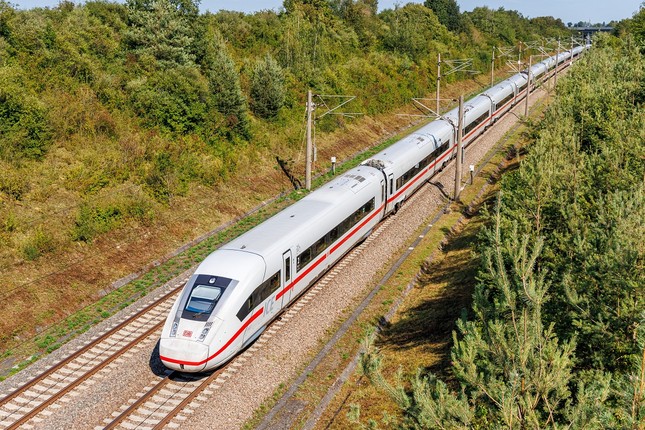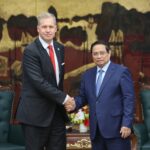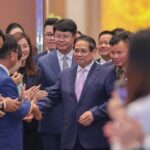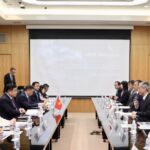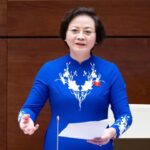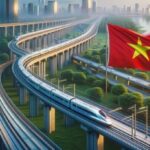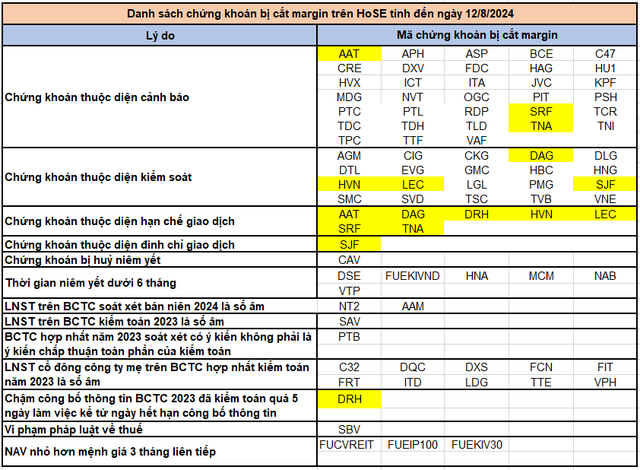Once Profitable, Now Seeking New Ventures: The Story of THACO’s Ambitions
Vietnam’s prominent conglomerate, Truong Hai Auto Corporation (THACO), has proposed an ambitious venture: investing in the construction of the North-South high-speed railway project. With a total investment of over $61 billion, THACO aims to complete this project within 7 years. The proposed capital structure includes an $11.7 billion equity contribution, while the remaining $49 billion would be borrowed from domestic and foreign credit institutions, with the government guaranteeing and subsidizing all interest expenses for 30 years.
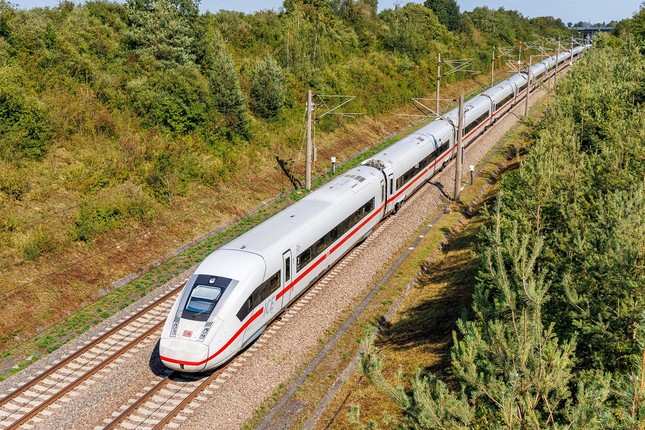
THACO proposes to invest in the North-South high-speed railway project with a total investment of over $61 billion.
Established in 1997, THACO has evolved from an importer of used cars and auto parts supplier to a diverse industrial group. It comprises six subsidiaries, each specializing in distinct business areas. While Thaco Auto has been the flagship company for over two decades, contributing significantly to THACO’s revenue and profits, recent years have seen a decline in their automotive business performance.
In the first half of 2024, THACO posted an after-tax profit of $1,011 billion, a slight decrease from the previous year. This downward trend began in 2023 due to challenges in the automotive market and intensified competition. However, the years prior to that showed impressive results, with profits surpassing $5,000 billion VND annually.
As of June 30, 2024, THACO’s total assets were valued at nearly $187.2 billion, a substantial increase from the previous year. Their owner’s equity stood at $54.26 billion, reflecting a healthy financial position. However, their debt-to-equity ratio of 2.45 indicates a considerable debt burden of almost $133 billion.
THACO’s bond situation also warrants attention, with four bond issues totaling $15.08 billion in par value. The company has repurchased some of these bonds, but $13.58 billion in bonds remain outstanding.
Forbes recognized THACO’s founder, Tran Ba Duong, and his family as dollar billionaires in 2018, with their wealth primarily derived from THACO holdings. However, due to recent profit declines and diversification into new industries, their net worth has dropped below $1 billion, excluding them from the Forbes list.
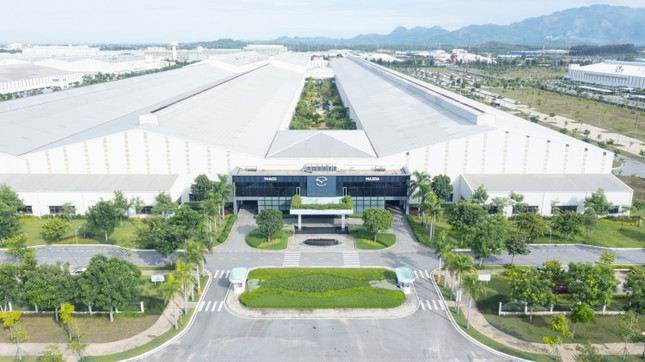
THACO’s total assets as of June 30, 2024, were valued at nearly $187.2 billion. Image: Thaco.
THACO has contemplated going public for over a decade but has yet to commit to a timeline. Their plans for an IPO on HoSE have been postponed multiple times, and in 2021, they even revoked their public company status. This has caused uncertainty among investors, and their OTC stock price has fluctuated.
Additionally, some of THACO’s projects have experienced delays. For instance, their Thaco – Thai Binh Agricultural Industrial Park project, initiated in November 2020, was expected to be completed by the end of 2024 but is significantly behind schedule due to various factors, including investor indecisiveness and economic downturns.
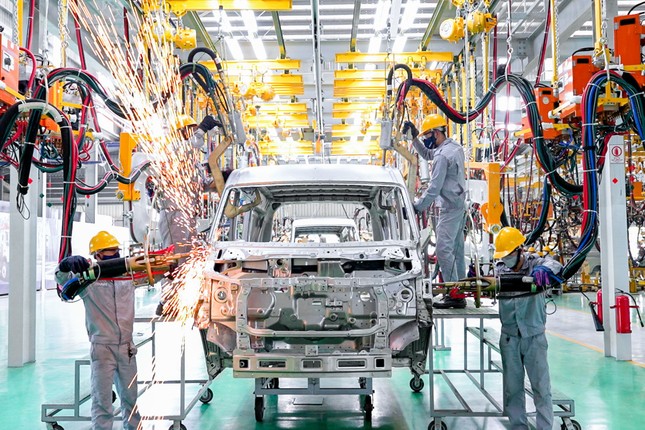
Thaco Auto, the flagship company, has contributed significantly to THACO’s success over two decades. Image: Thaco.
Another example is the four main roads in the Thu Thiem New Urban Area, which were supposed to be completed within 36 months of their commencement in February 2014. However, due to challenges with land clearance, the project is only 88% complete as of 2025.
THACO has also expanded into agriculture, and their involvement with HAGL Agrico is notable. After a complex relationship, the two companies agreed to separate their collateralized assets and debt obligations with BIDV in August 2022. At the 2025 Annual General Meeting, Tran Ba Duong acknowledged the challenges faced by HAGL Agrico, referring to it as a “dying patient” that THACO is attempting to revive. With THACO lending HAGL Agrico $12 billion, Mr. Duong emphasized the interdependence of their survival.
A Controversial Proposal
While THACO’s interest in the high-speed railway project is commendable, experts question the feasibility of their proposed capital structure. Economist Vu Dinh Anh highlights the complexity of such infrastructure projects, which often incur losses in the initial years, requiring substantial financial fortitude and technical expertise. He challenges THACO’s ability to raise $12 billion in equity, given their current financial position, and notes the time-consuming nature of equity issuance procedures, which could delay the project’s commencement.

THACO proposes to complete the high-speed railway project within 7 years. Image: Thaco.
Furthermore, Mr. Anh expresses concern about the proposed borrowing structure, where the government guarantees and subsidizes interest expenses. He argues that this arrangement effectively shifts the risk to the government and could have significant implications for the financial market and the country’s economic stability. The question remains: Are there enough confident investors willing to undertake such a project, knowing it will likely operate at a loss for an extended period?
Prime Minister’s Dialogue with Businesses: Unlocking the Potential of Vietnam’s Private Sector
On May 31st, Hanoi played host to a significant event as Prime Minister Pham Minh Chinh chaired a discussion with businesses and enterprise associations. The focus of this important gathering was to effectively implement Resolution 68-NQ/TW of the Politburo, aiming to boost the development of the private economy.
The Vice Premier Nguyen Chi Dung Meets with Japan’s Aerospace Agency
On the afternoon of May 31st, Deputy Prime Minister Nguyen Chi Dung and a delegation of government officials paid a visit to the Japan Aerospace Exploration Agency (JAXA).
High-Speed Rail Project: A Level Playing Field for Private Enterprises
According to numerous experts, private enterprises’ bold initiative to venture into high-speed rail development is a welcome and positive sign. However, it is crucial to proceed with caution as not all businesses may possess the requisite capabilities and resources to undertake such an endeavor successfully.

